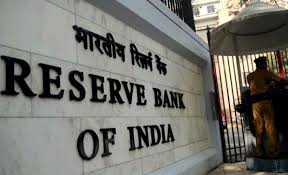RBI can use its three instruments to control money supply (Monetary policy)i.e open market operations(by borrowing and selling bonds), the discount rate (the rate at which bonds are buy and sell),changes in reserve requirements (which is maintained by commercial banks) then why its control imprecise ?
Because of these reasons ;
1. Multiple definition of money – There are many types of financial assets included in M2 that are not included in M1 .Both saving deposits and time deposits are included in M2 but excluded from M1 . An increase in the attractiveness of these deposits relative to transactions accounts ,for eg would raise the level of M2 relative to M1 .In this case RBI would not be able to precisely control M1 and M2 simultaneously.
2. Firms and households choose the amount of currency : RBI controls two elements in the money supply ,highpowered money and the reserve ratio .It does not control the ratio of currency to deposits ,which is controlled by firms and households.If the RBI cannot predict precisely when the ratio of currency to deposits will change ,it cannot precisely control the money supply.
3.Other factors : In money supply equation it does not take into account that transaction accounts have reserve requirements while other accounts do not.And since money market mutual funds are not actually deposits ,they are also free from reserve requirements .A consequence of these differing reserve requirement ratios is that shift to funds across accounts will change the average reserve ratio.





9 Comments. Leave new
Informative.
Nice and informative
Learnt a lot of new things from this article….Keep up the good work!!! Well Done…
Realy an informative one!!
Very informative article..!
informative article.
The article is quite good but it would have been more better if more reasons were given in explaination rather than explaining in the form of other factors !
but overall very well written !
I appreciate the choice of your article. 🙂
RBI has some limits too based on our interests and advantages.